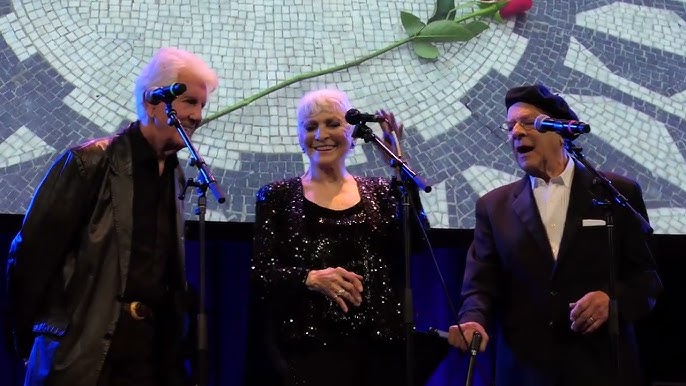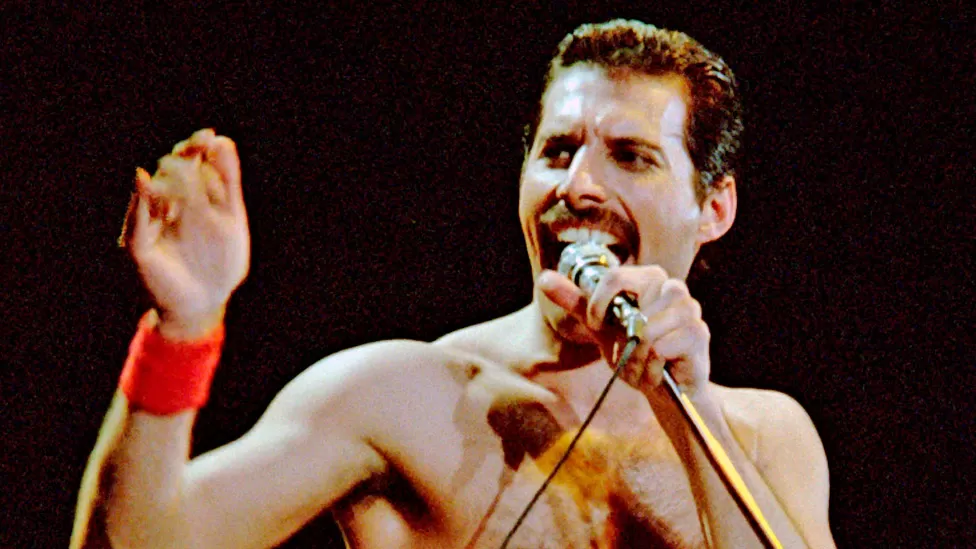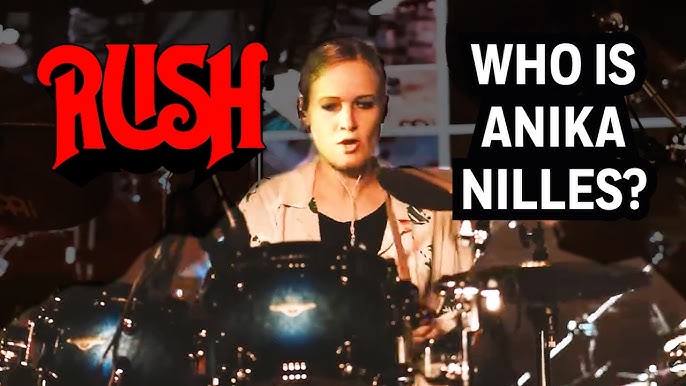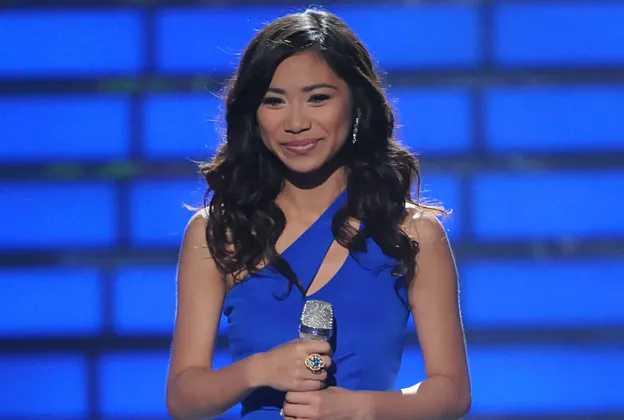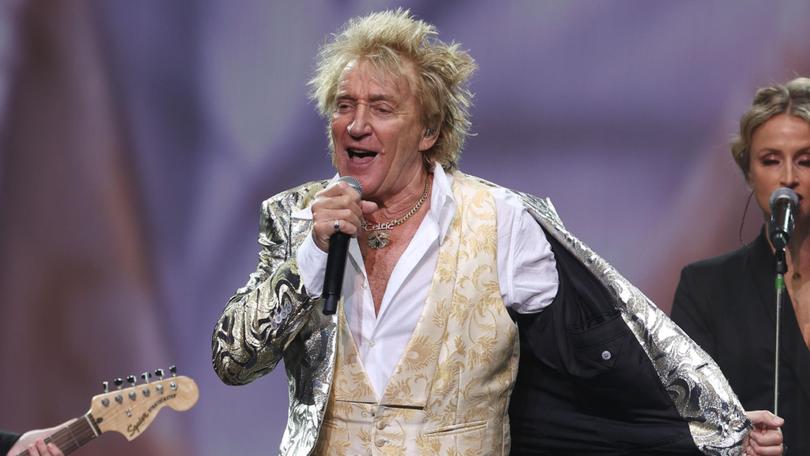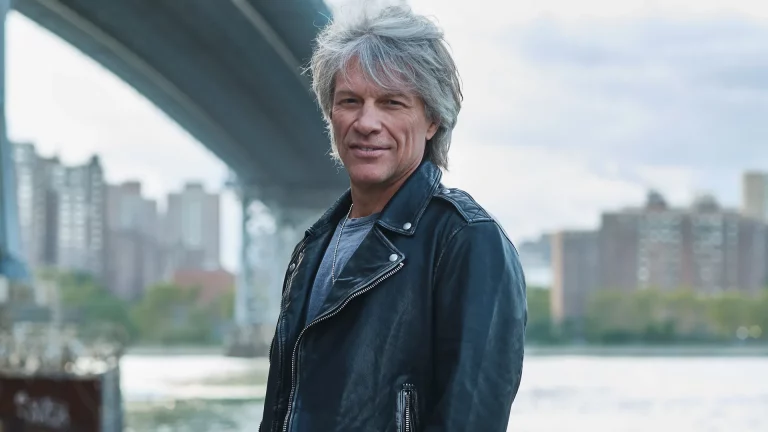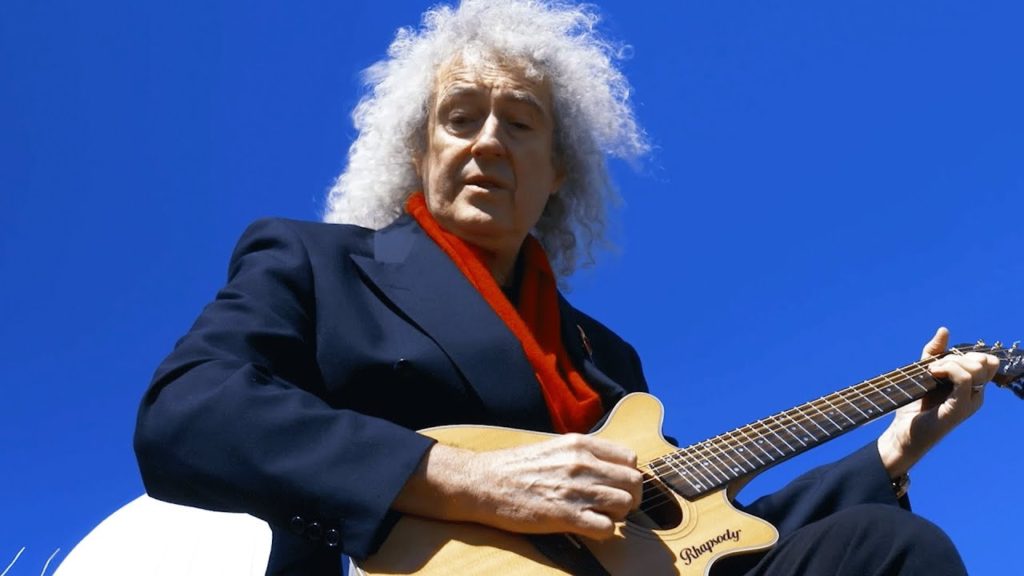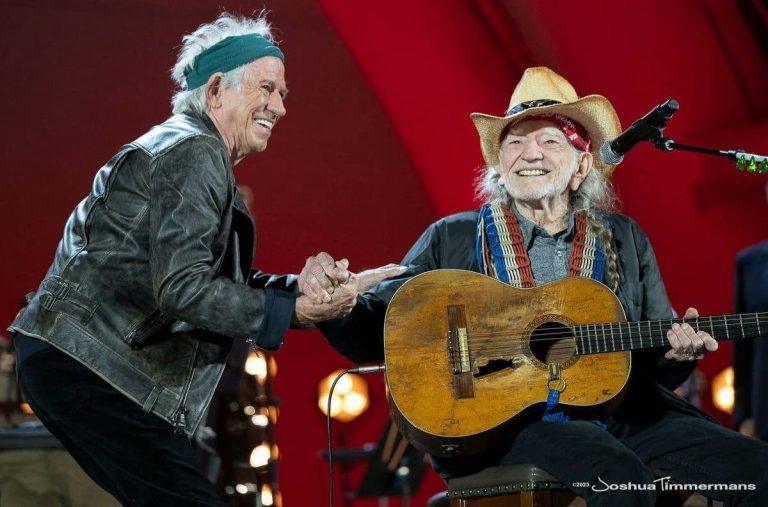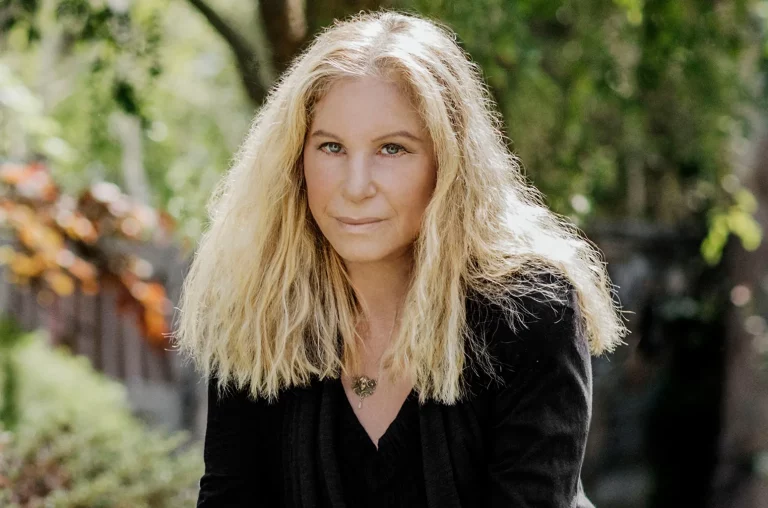It began innocently enough – a light-hearted television appearance, an interviewer’s attempt to mix humor with probing questions about her public statements and role in cultural debates. But what unfolded next has already become one of those moments people replay: a singular instance when civility and principle collided on live TV, and a legendary artist asserted her own dignity.
The Setup
Barbra Streisand hardly needs an introduction. For decades, she has commanded attention not only with her voice and acting, but also with her willingness to speak out — on politics, on inequality, on the burdens placed on women in the public eye. Over time, critics have alternately praised her fearlessness and tried to paint it as a character flaw, a diva trait, or a liability.
So when the interviewer — trying (or not) to be witty — made a veiled comment about Streisand’s “outspoken nature” in public life, what might have passed as a throwaway remark instead became a provocation. The host seemed to imply that her willingness to speak up makes her an easy target or even a caricature. That’s when things shifted.
The Moment
Streisand paused. The camera held her. She looked steadily back.
“I will never be your punchline.”
That brief sentence carried everything: refusal, resolve, and a direct challenge. The studio went quiet. The exchange had stopped being about politics or celebrity — it had become about respect, power, and the space allowed for women to speak their minds without being dismissed or ridiculed.
Rather than an outburst, it came across as an assertion. Not anger, but clarity. She didn’t shout; she simply reaffirmed that her voice—and her humanity—were not optional props in the show’s script.
The Fallout
Within minutes, viewers on social media began reacting. Clips of the moment spread. Many praised Streisand for drawing a hard boundary — a boundary often ignored in media culture, especially for older women, outspoken women, or women in the spotlight. Some called it a “masterclass in dignity,” arguing that the greatest power is often quiet resistance rather than melodrama.
Commentators dug deeper. They observed how the moment rings especially loudly in a climate where women are frequently pressured to temper their opinions, maintain likability, or tolerate patronizing remarks. It was taken not just as a personal stance, but as a symbolic stand — for any public person, especially women, who are told to “tone it down” or told their assertiveness is a problem.
In later interviews, Streisand’s team declined to confirm whether she had planned that line in advance or whether it was spontaneous. But either way, it worked: she controlled the narrative momentarily, reclaiming authority over how she would be perceived.
What It Reveals — And Why It Matters
1. The politics of courtesy.
The exchange underscores how often public women are challenged not only for what they say but how they say it. The suggestion that an outspoken woman is fair game for condescension is itself a double standard. Streisand’s line exposed that cultural imbalance.
2. Ageism, feminism, and authority.
At eighty-plus, Streisand continues to confront dismissive assumptions about older women. Her refusal to be a punchline cracks open a deeper conversation: authority and agency do not expire. Saying “I will not be your punchline” challenges the idea that women — especially aging women — should fade quietly.
3. Media moments as cultural signals.
Television interviews are curations, performances, and negotiations of power. A single line can reshape perceptions. Streisand’s retort transformed what might have been a benign or mildly mocking question into a moment of accountability for the interviewer, the audience, and the broader media ecosystem.
4. Authenticity can still disarm.
In an era dominated by soundbites, filters, PR-crafted personas, this felt unfiltered. That may be why it resonated so strongly. It reminded viewers that realness — though messy — can disrupt the usual patterns of spectacle and expectation.
Looking Ahead
Will the interviewer or the network respond? Probably. Will it shift how hosts frame questions to outspoken women? Perhaps slowly. But for now, that moment stands on its own. Streisand may not have been looking to make a spectacle — just to preserve respect. And that is what made everyone stop.
In a culture filled with performative apologies and media spin, her line — quiet, firm, uncompromising — may be among the most powerful statements of the year.

